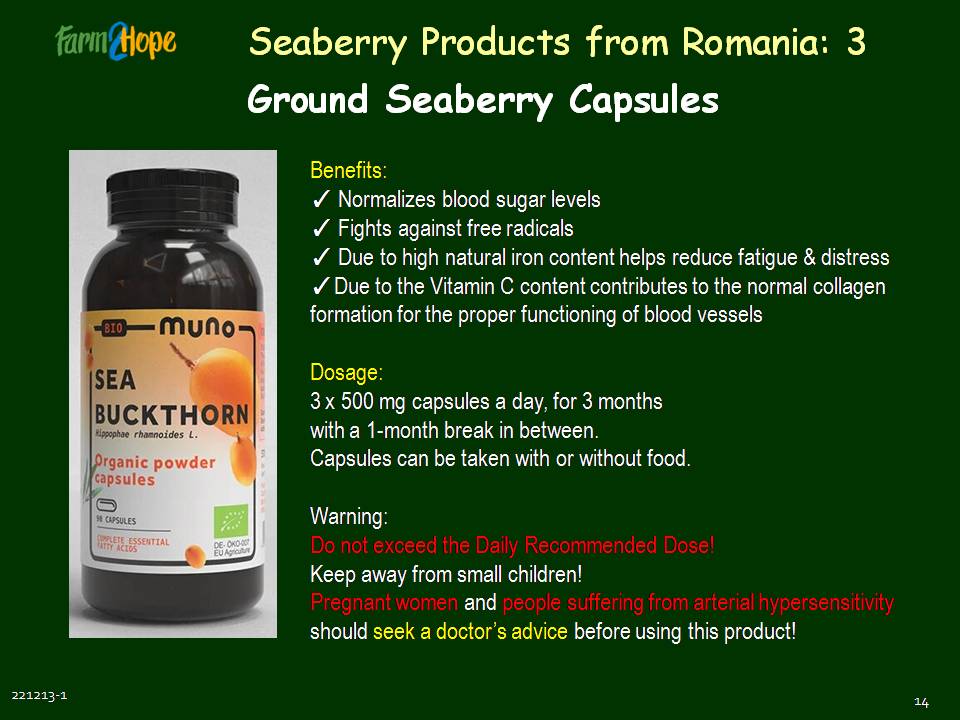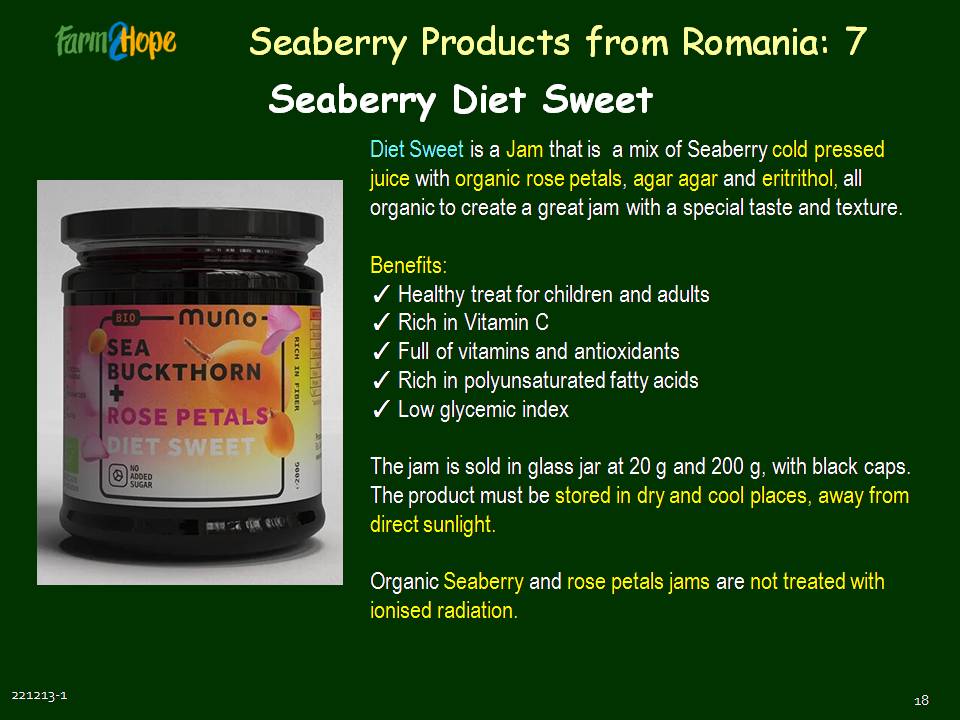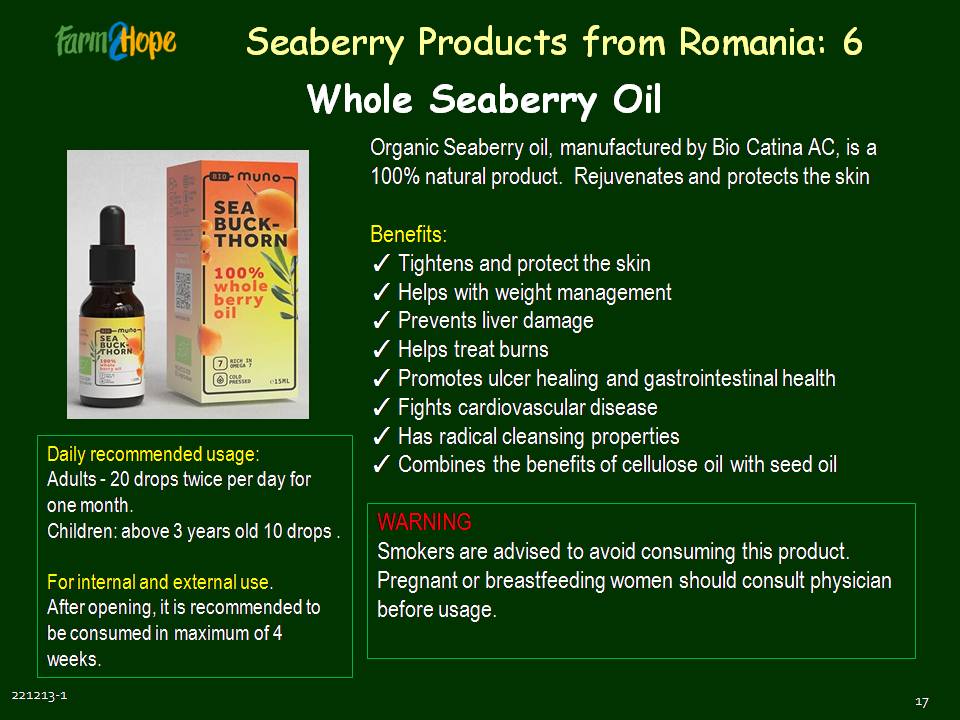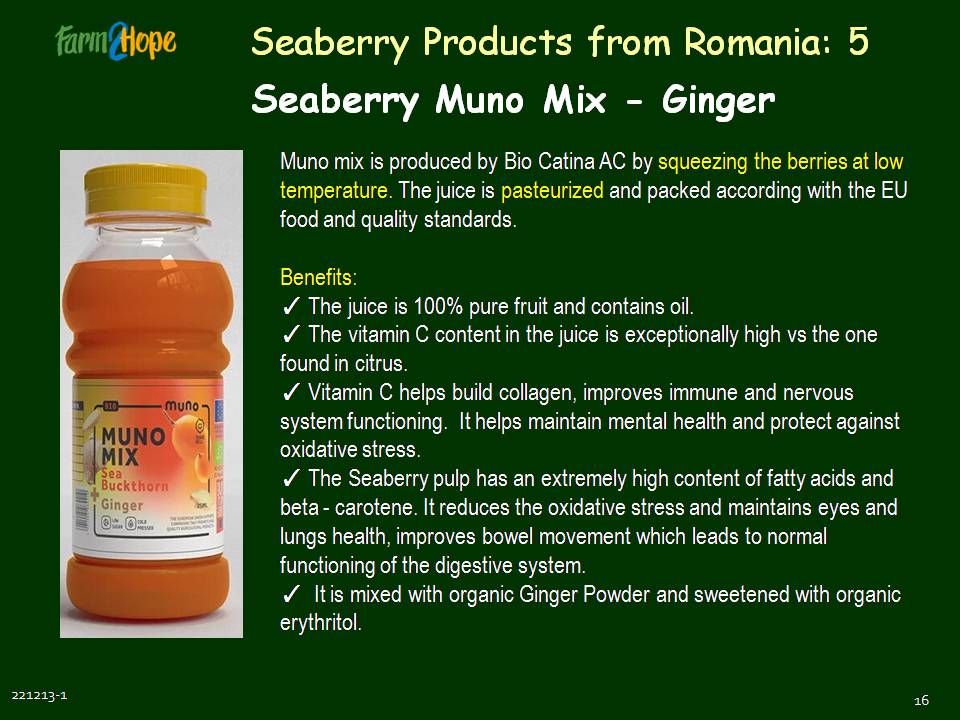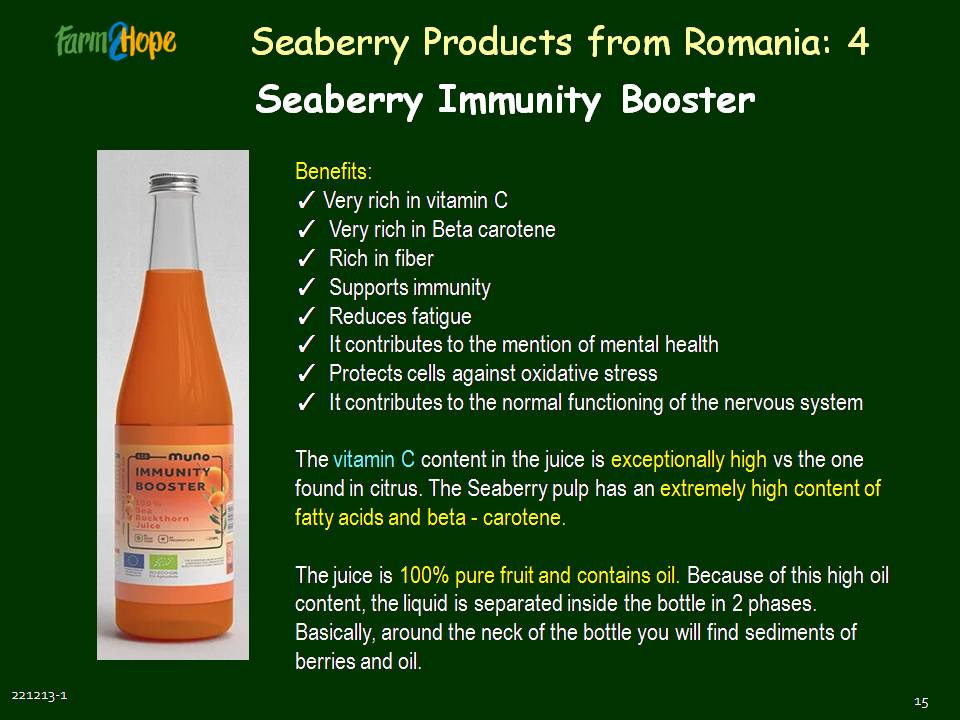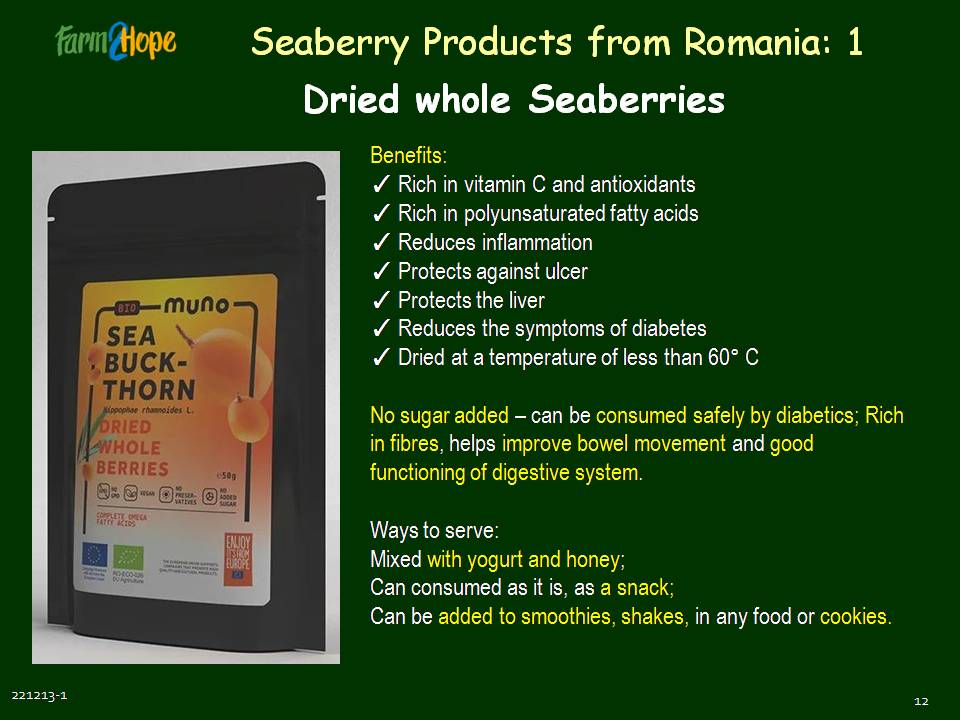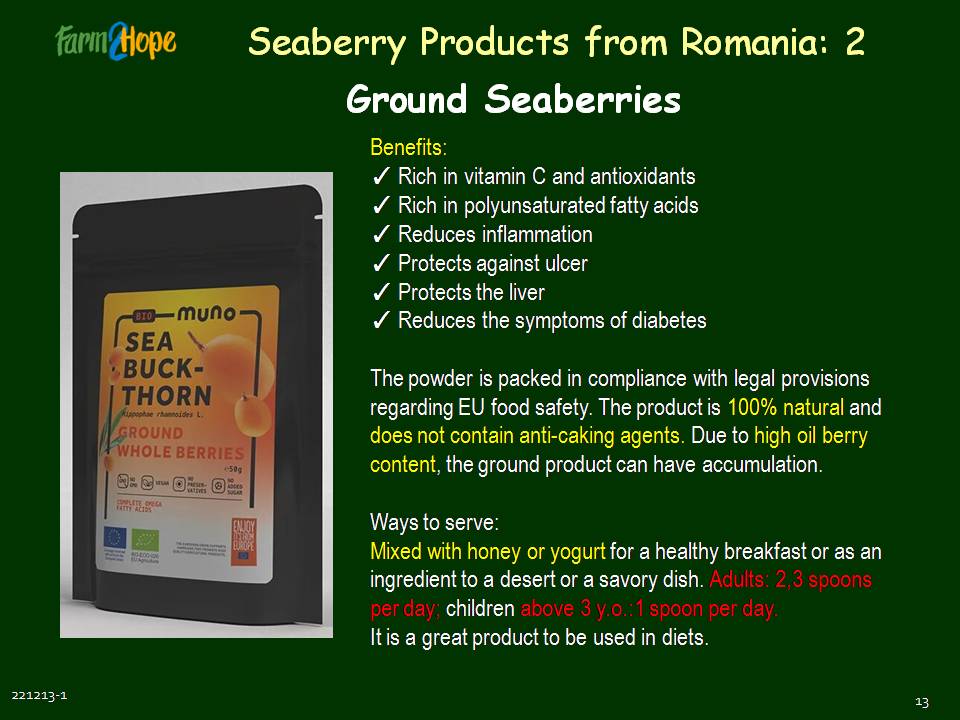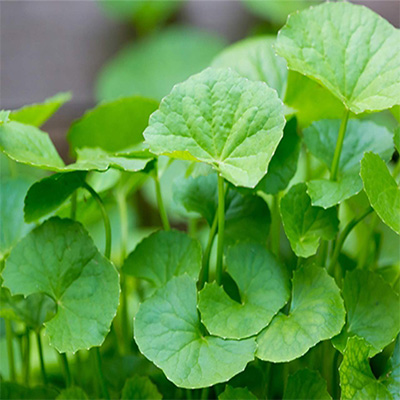
Ifp.co.in/health/indian-pennywort-14-benefits-of-this-healing-indigenous-herb
Farm2Hope gives full credit for the following article to the author referenced in the above url.
Indian Pennywort- 14 benefits of this healing indigenous herb
Being healthy is a luxury for everyone, young and old alike, especially in this time of pandemic. Talking about health, are you dependent on modern medicines and its treatment to stay fit and healthy? Have you ever given a thought of going the herbal way? Read on to know how a kitchen herb like Centella Asiatica, commonly known as Centella, Asiatic pennywort or Indian pennywort can be used to treat a wide variety of ailments and diseases.
Pennywort is a perennial creeping plant found along marshes, ponds and wetlands. This herbaceous and frost-tender perennial plant belongs to the Apiaceae family and locally known as peruk in Manipuri language. It is native to India, Sri Lanka, China, Indonesia, Madagascar, South Africa and Eastern Europe. Pennywort is both food and medicine. In Northeast India region, the whole plant, including its roots, is used in dishes like chutney, salad and beverages.











